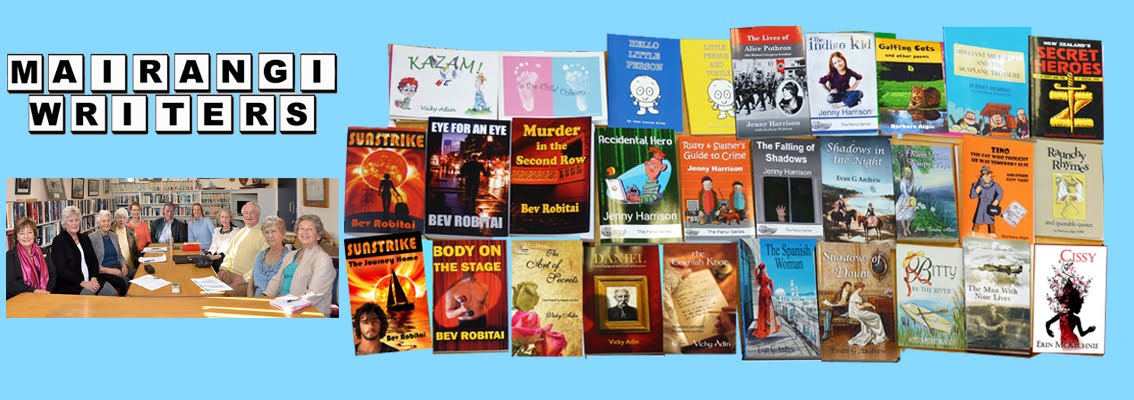For the last year or so
I’ve been in a bit of a quandary. Not your ordinary quandary which can be
solved with a bit of rational thought and suggestions from friends. Oh no,
nothing so simple. This quandary is so fundamental that it brought me to a
standstill.Yet I’m not the only
author to meet this beastly problem – all authors make its acquaintance.
It happens just after
you’ve completed your last book. Flushed with pride with your new creation and
having got its publication under way, you front up to the computer as you
normally do only to realize that you’re about to start a new story. The other one’s finished, completed, concluded. In front of you now lies a river of new ideas
begging to be taken up and explored. But which do you pick? Is it to be a
chapter book for children or for young adults? ( the two genres I generally
work in). Or is it to be a new story using the same characters previously used
or a new story with new characters? Or perhaps, a new genre altogether?
I
remembered an old adage from one of my earlier business mentors. ‘Rod, he said,
‘when in doubt do nothing.’ It seemed reasonable but it’s led me nowhere and
simply heightened my stress levels! As time rolled on I became acutely aware of
the production consequences of any decision. The time it takes to physically
research, write and edit. It takes me about a year to write an 80,000 – 90,000
chapter book for young adults and about six months to produce a 15,000 fully
illustrated children’s book.
I thought I’d at least
make a start and get cracking on another illustrated children’s book using the
characters from previous stories. It seemed the sensible and practical course
of action to take. I got busy and drafted out a Chapter Plan and read it out to
the members of my Writers Group. All seemed well except for a nagging thought
at the back of my mind. The storyline lacked conflict. Dissatisfied with that
effort I drafted out the Chapter Plan for another story and read that out to my
Writers Group. Again all seemed well except for another nagging thought. The
storyline was pitched at the wrong age group.
I was getting nowhere
fast and then last Sunday as I was listening to the breakfast talkback programme
inspiration struck. A young lad, just 8 years old was telling the talkback host
what he’d been reading over the school holidays.
‘Biggles’ books, he
said proudly. And then he launched into a splendid account of why he loved
Biggles stories. It was wonderful. It could have been me talking about the
Biggles stories I loved as a young teenager. My eyes drifted over the six
‘Biggles’ books in the bookcase in my study and then I thought of my unfinished
‘Cadet Willie McBride’ young adult manuscript collecting dust in the cabinet.
Time to revisit it, I thought and come up with a revised Chapter Plan - but
this time with tons of conflict and pitched at the right age group.
Col. Rodney Dearing
(I loved Biggles books myself - always full of adventure and excitement and characters you loved to spend time with. Ed.)
